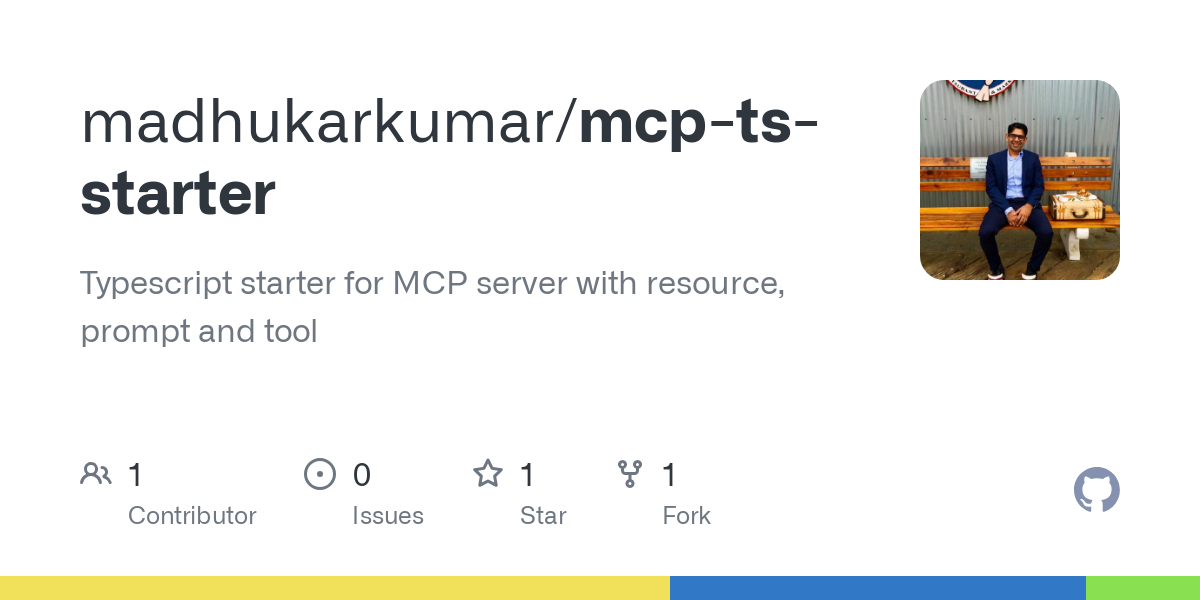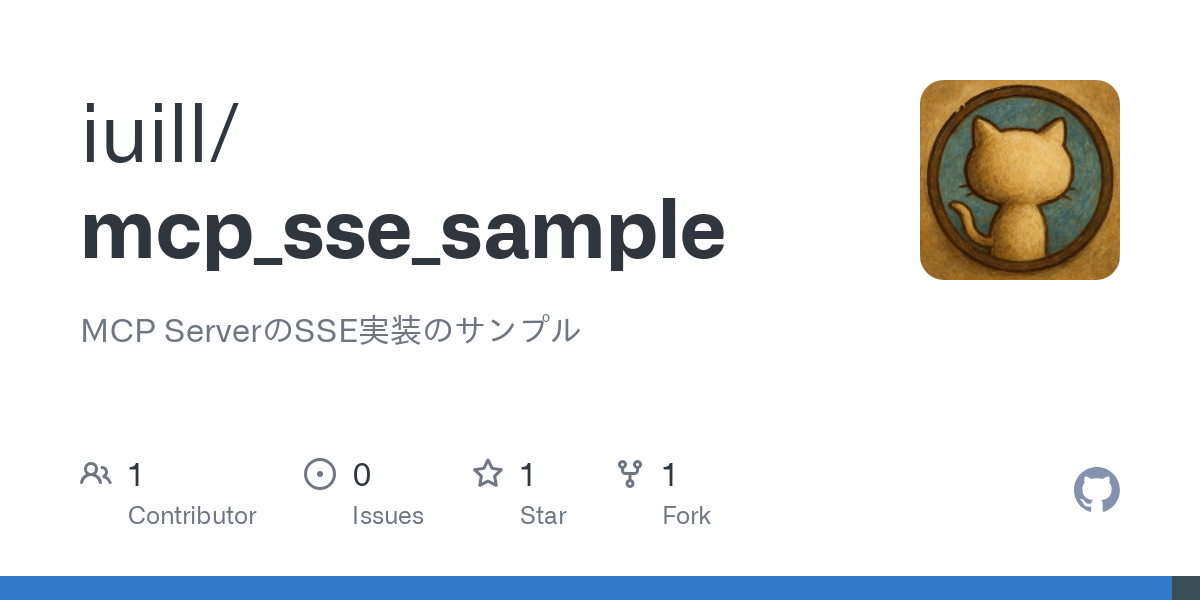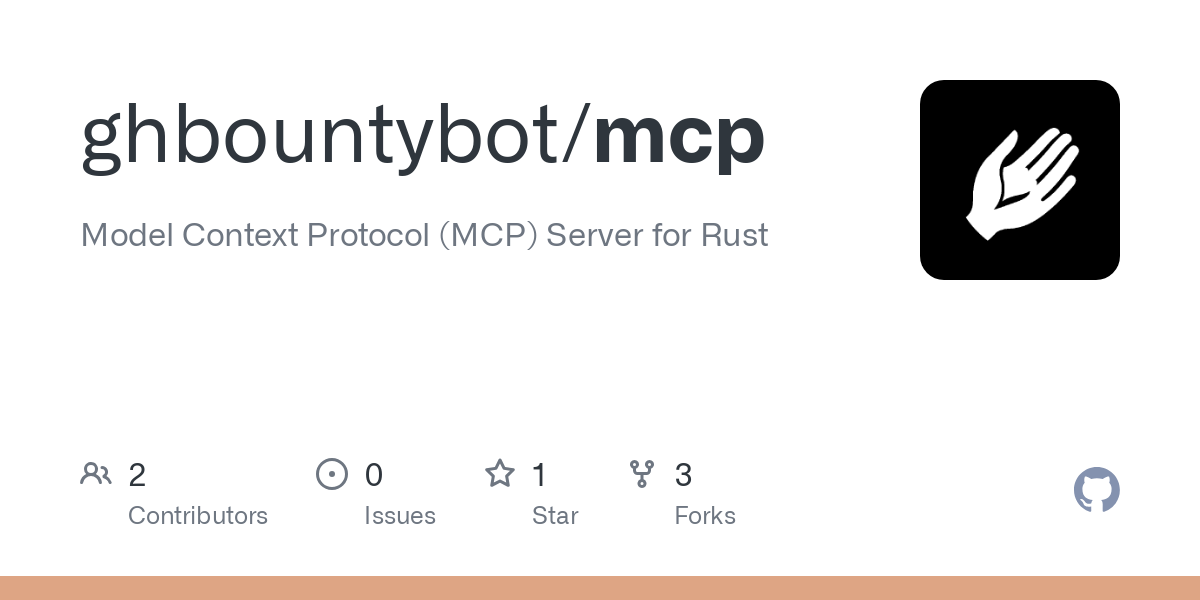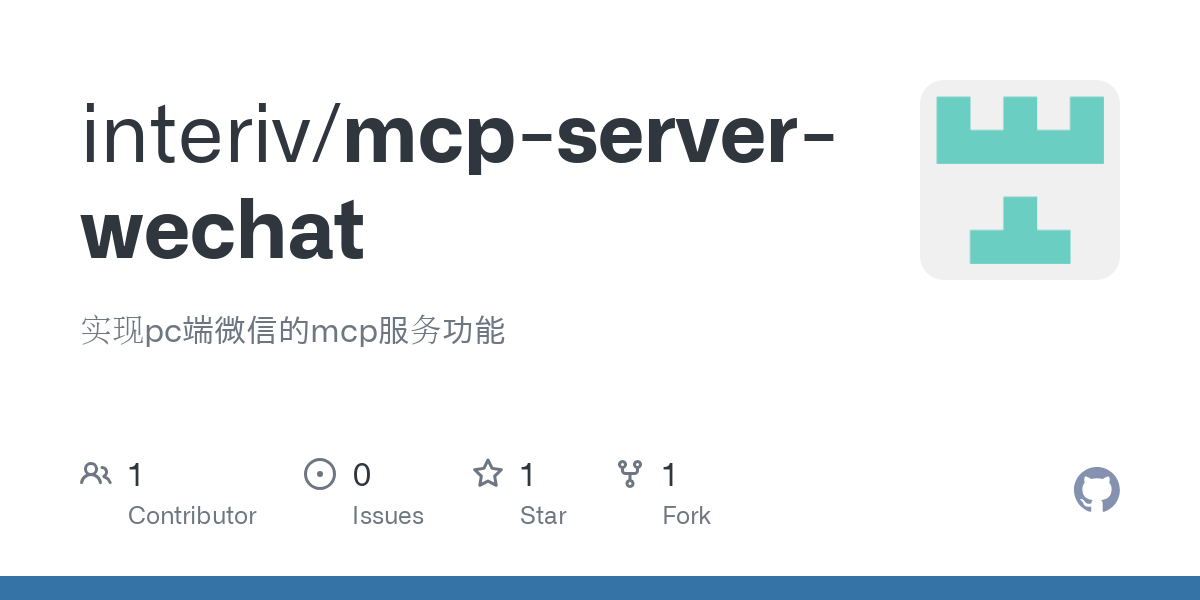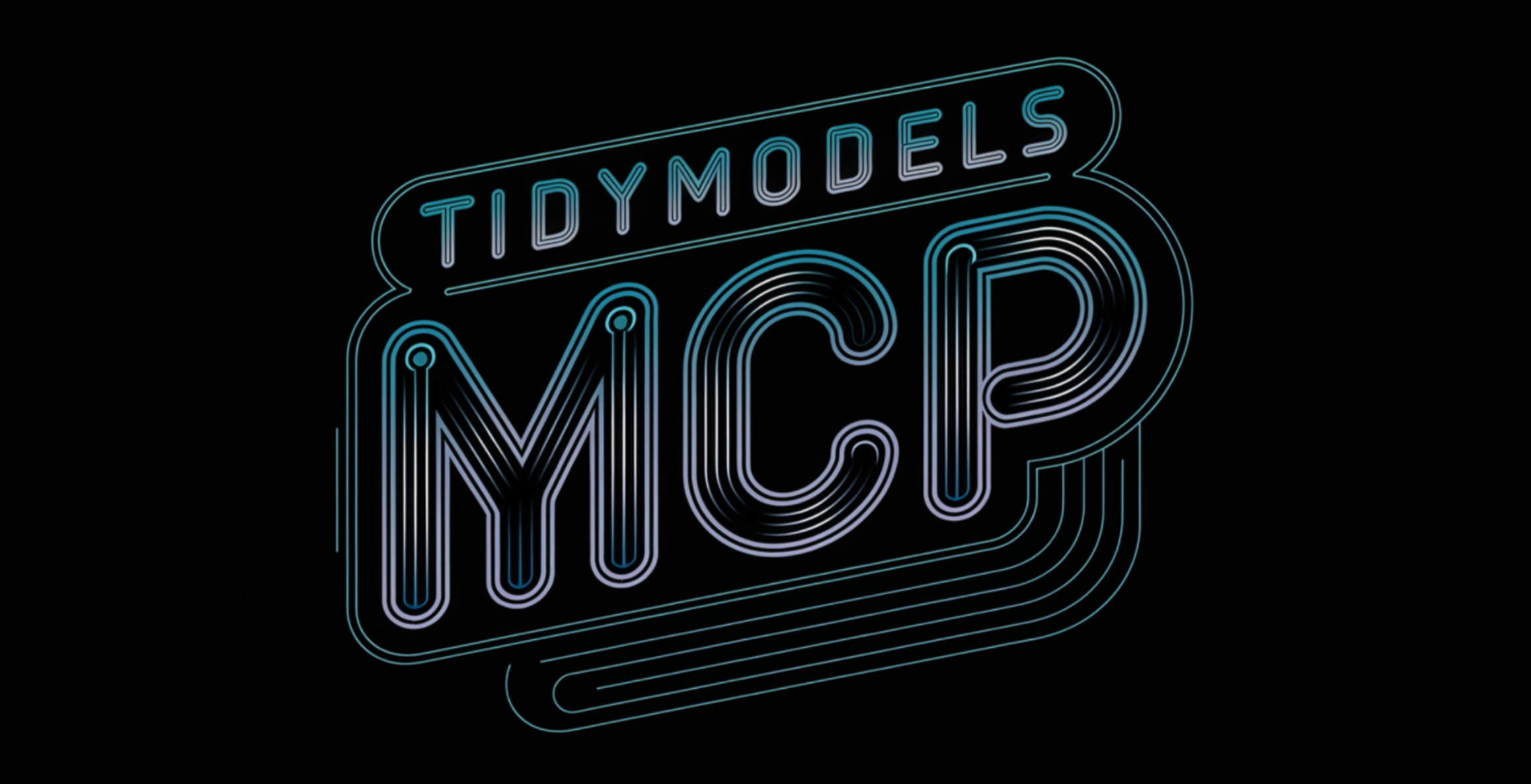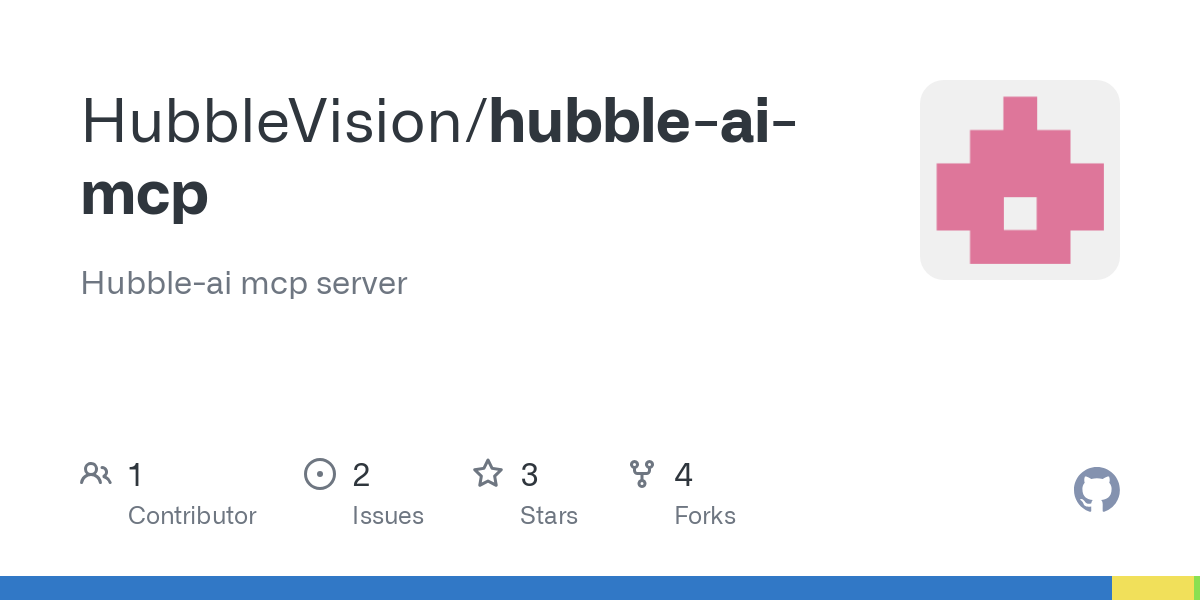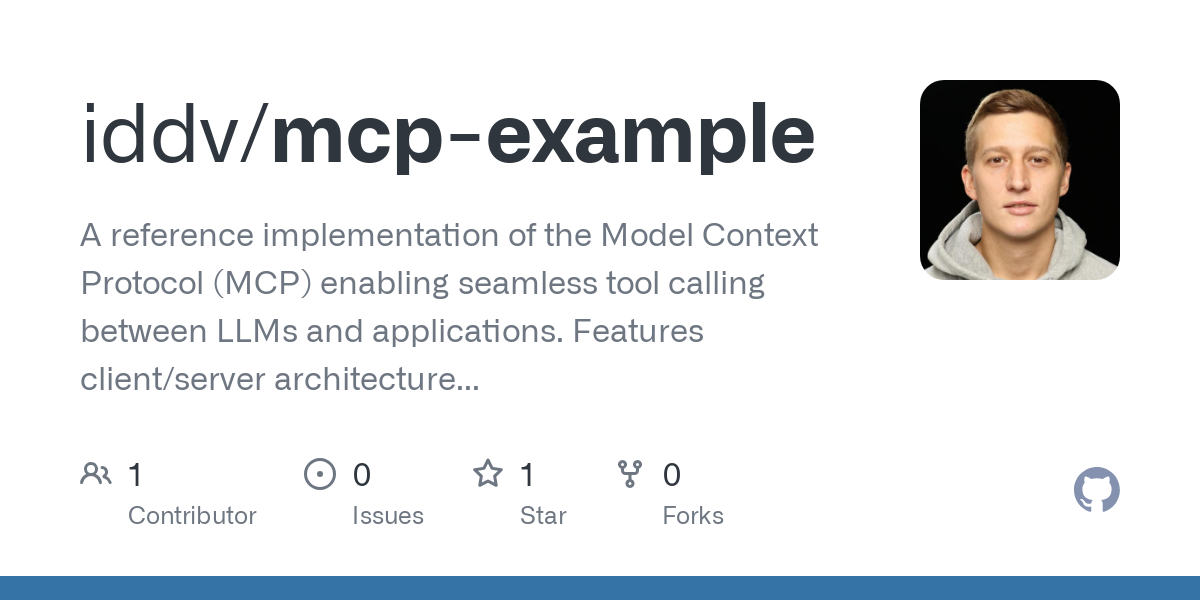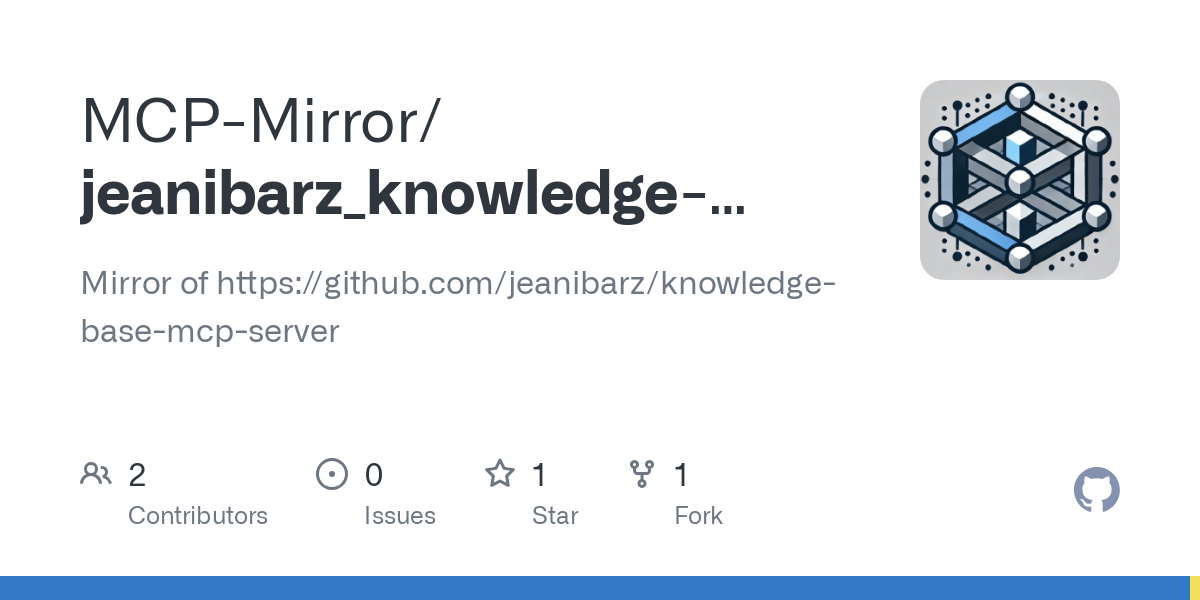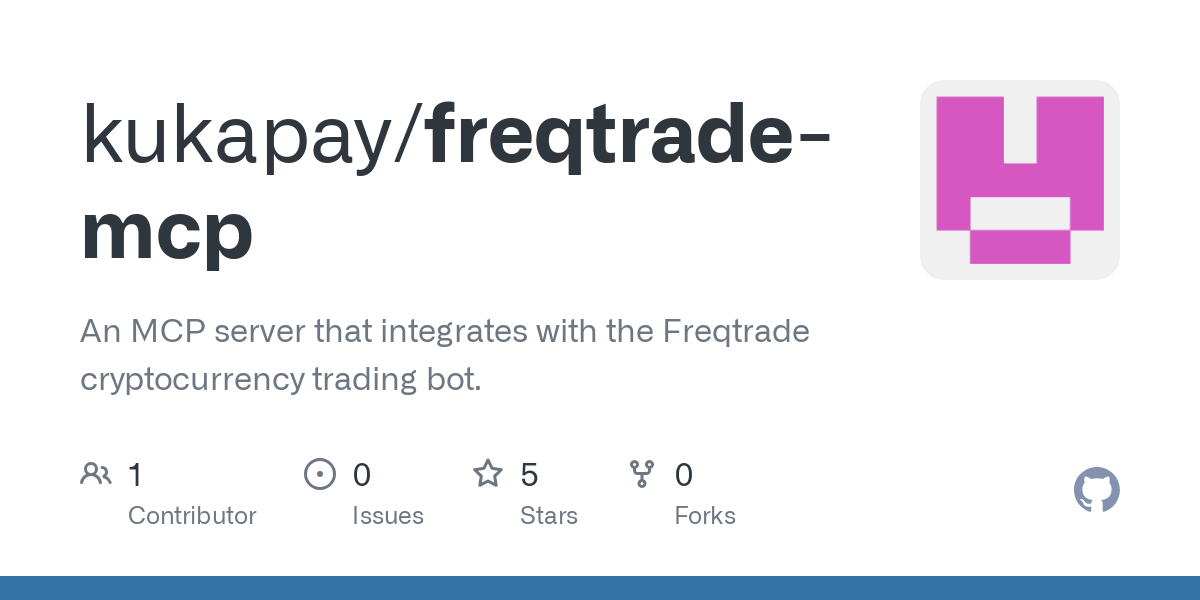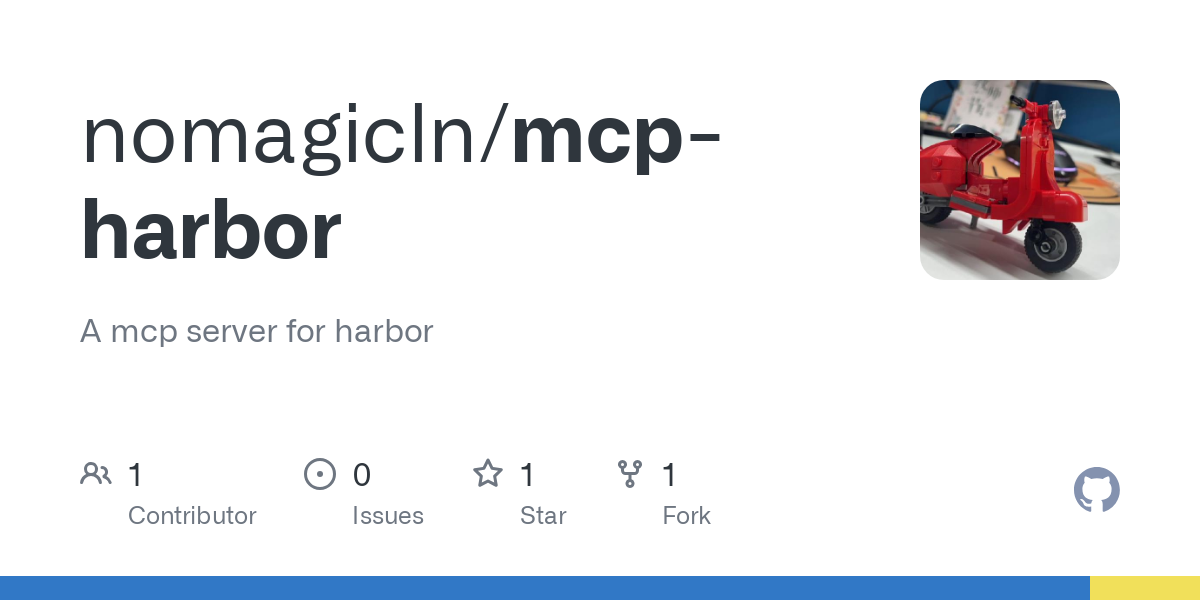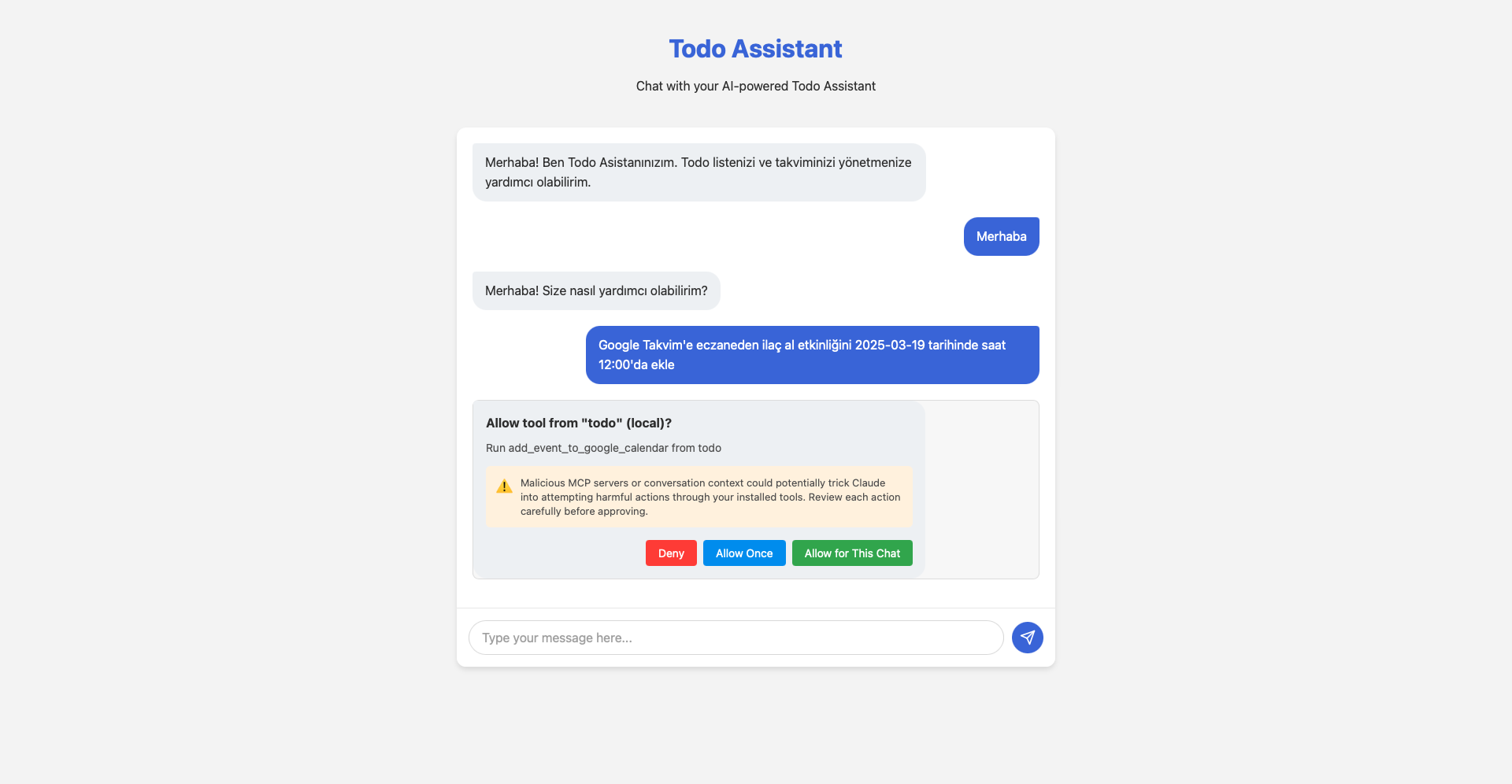All MCP Servers Complete list of MCP server implementations, sorted by stars
This project provides a simple TypeScript implementation of a Model Context Protocol (MCP) server, featuring static and dynamic resources, prompts, and tools. It supports multiple transport options, including stdio and HTTP with Server-Sent Events (SSE), making it a versatile template for developing more complex MCP servers.
This project demonstrates how to implement an MCP (Model Context Protocol) server using Server-Sent Events (SSE) for real-time communication. It includes various tools like echo, addition, long-running operations, and LLM sampling, showcasing the capabilities of MCP. The server also provides logging and environment variable debugging, making it a practical example for developers working with MCP and SSE.
This MCP server is designed to facilitate the integration and management of GitHub Actions. It provides tools for fetching available GitHub Actions, retrieving detailed information about specific actions, triggering workflow dispatch events, and fetching the latest releases from a repository. Built in TypeScript, it supports seamless integration with Claude Desktop and offers flexible configuration options for GitHub tokens.
This repository contains Rust types generated from the Model Context Protocol (MCP) specification, which standardizes context exchange between AI models and their runtime environments. The types are generated using typify, converting JSON Schema into idiomatic Rust types with full serde support. This implementation facilitates seamless integration with AI models by ensuring type safety and consistency in context exchange.
This project provides an MCP server implementation specifically designed for WeChat on PC, allowing for advanced communication capabilities. It includes a Python-based setup with instructions for configuring the environment and integrating with WeChat. The server facilitates seamless interaction and automation within the WeChat platform.
This TypeScript MCP server is designed to boot up and serve MCP servers over HTTP based on a list of installable MCP server references. It simplifies the deployment and management of MCP servers on a network, ensuring they are accessible and operational.
The Tidymodels MCP Server is a Model Context Protocol (MCP) implementation that provides tools and resources for working with the tidymodels ecosystem in R. It is designed to improve Cline's agentic workflows by monitoring tidymodels repositories, offering detailed package information, searching for R functions, generating template code, and searching issues. It can be paired with Cline.bot and Claude Desktop for enhanced AI capabilities.
The Documentation MCP Server is designed to help developers access updated documentation for various libraries through a unified interface. It aggregates documentation from multiple sources, offers search functionality across all libraries, and ensures developers have access to the most up-to-date information. The server features an interactive web interface, API access, and automatic updates to keep documentation current.
This project provides a client/server implementation of the Model Context Protocol (MCP), facilitating interaction between large language models (LLMs) and applications. It supports local and remote tool calling via HTTP APIs, integrates with AWS Bedrock and Claude 3.7, and offers a production-ready, extensible framework. Features include AI-assisted development, WebSocket streaming, and tool chaining for complex workflows.
The Knowledge Base MCP Server is designed to manage and retrieve content from multiple knowledge bases efficiently. It uses the Hugging Face Inference API for generating embeddings and FAISS for semantic search, enabling users to find relevant information quickly. The server supports automatic indexing of text files, recursive directory scanning, and real-time updates to the FAISS index based on file modifications.
The Token Minter MCP Server provides tools for AI agents to deploy, transfer, and query ERC-20 tokens across 21 supported blockchains. It includes features like token deployment, metadata retrieval, transaction management, and balance checks. Built with Node.js and Hardhat, it integrates with Infura for EVM network access and supports customizable token parameters for diverse use cases.
The Twilio Agent Payments MCP Server enables secure payment processing during voice calls using the Twilio API. It features payment card capture, tokenization for PCI compliance, asynchronous callbacks, and guided workflows. The server integrates with MCP clients like Claude Desktop, providing automatic tool registration and contextual prompts for seamless payment handling.
The Freqtrade MCP Server integrates with the Freqtrade cryptocurrency trading bot via its REST API, enabling seamless AI agent interaction for automated trading. It provides tools to fetch market data, manage trades, and monitor bot performance, enhancing trading efficiency and automation.
MCP Harbor is a Node.js application that provides a Model Context Protocol (MCP) server for interacting with Harbor container registry. It includes a REST API for managing Harbor operations such as projects, repositories, tags, and Helm charts. Written in TypeScript, it ensures type safety and a robust developer experience. The server also supports automated testing and comprehensive configuration options for seamless integration with Harbor instances.
This project is an AI-powered todo assistant that leverages OpenAI's Assistant API and Google Calendar integration to manage tasks using natural language. It features a smart todo management system, multi-language support, and a tool approval workflow. Built with TypeScript, it uses the Model Context Protocol (MCP) for standardized AI tool interactions and offers a responsive, mobile-friendly web interface.
